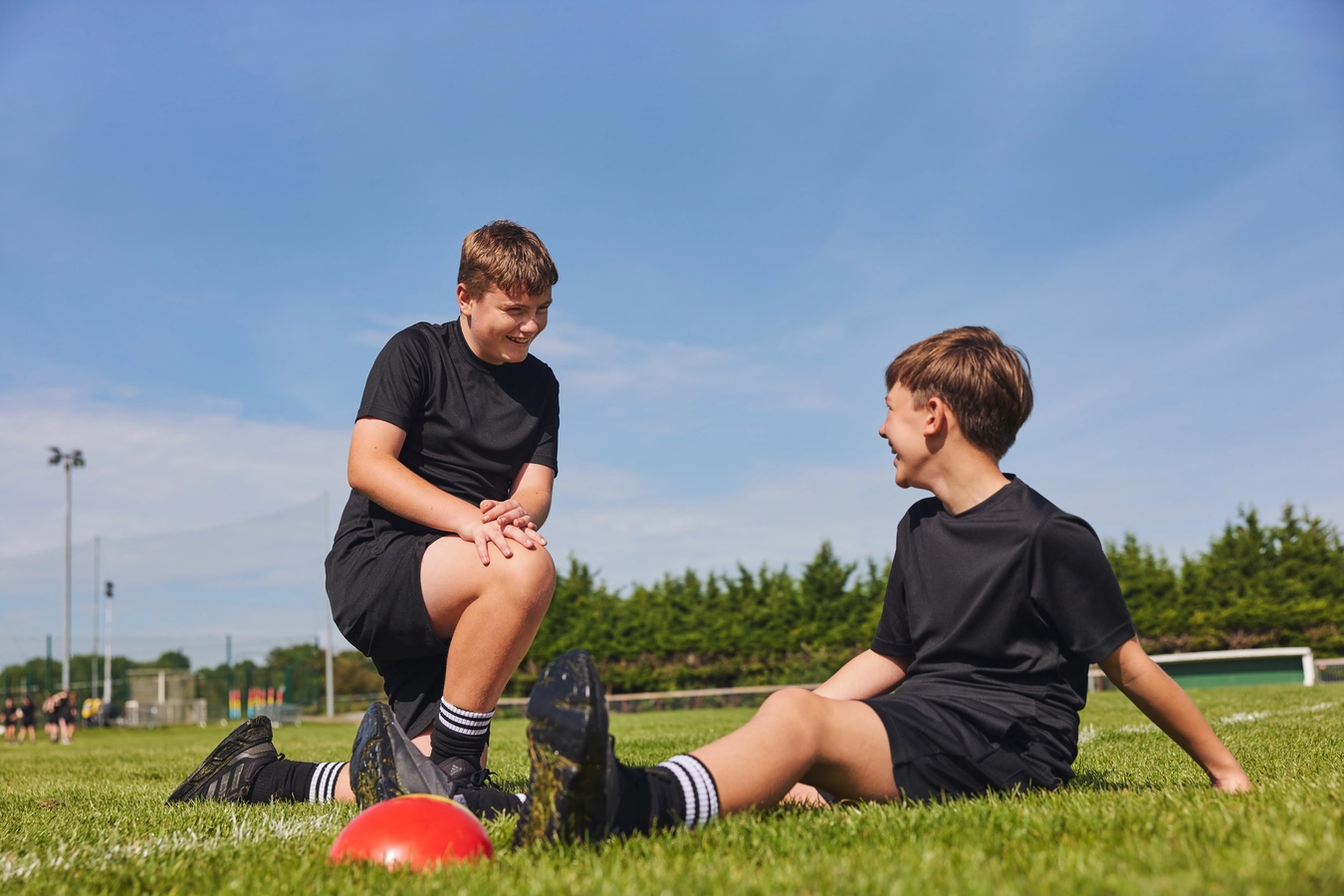Research
Sport is a popular and engaging context for young men. Back in 2015, we set out to answer the question of whether sports could be used to teach young men about mental health and help them enhance their wellbeing.
Young players, coaches, parents and team managers were all consulted about the types of mental health programs that would suit their needs.
These findings are now published and you can access summaries below.
Young players, coaches, parents and team managers were all consulted about the types of mental health programs that would suit their needs.
These findings are now published and you can access summaries below.

MENTAL HEALTH LITERACY & RESILIENCE
The Movember Ahead of the Game program was found to increase depression literacy, anxiety literacy, intentions to seek help from formal sources, confidence to seek mental health information, resilience, and wellbeing. It helps equips young men who participate in organized sports with the knowledge, intentions, confidence, and psychosocial resources necessary to promote mental health. It also supports them to better identify and respond to mental health problems.
YOUNG PLAYERS & MENTAL HEALTH
We found that young men didn't talk about mental health with their friends. However, they thought that sport would be an engaging setting to learn about mental health.
Young men also thought that certain people such as coaches, parents and elite athletes could be key to supporting mental health in the sports setting.
Young men also thought that certain people such as coaches, parents and elite athletes could be key to supporting mental health in the sports setting.
PARENTS & YOUTH MENTAL HEALTH
We found that parents worry about their child potentially developing a mental health problem. On top of that, they worry about their own ability to then respond to it.
Research found that parents wanted more mental health information in general. They also wanted the skills to be able to recognize the difference between common adolescent behavior and symptoms of a more serious problem.
Research found that parents wanted more mental health information in general. They also wanted the skills to be able to recognize the difference between common adolescent behavior and symptoms of a more serious problem.
COACHES & YOUTH MENTAL HEALTH
We found that coaches perceived their role as a youth sport coach to be diverse — including their role in promoting mental health. Some coaches preferred to work directly with players, whereas others preferred to communicate directly with parents.
Overall there was a high need for coaches to receive education on how to recognize the warning signs of mental health problems.
Overall there was a high need for coaches to receive education on how to recognize the warning signs of mental health problems.
THE 'HELP OUT A MATE' PROGRAM
We found that players who attended the program showed:
- decreased stigmatizing attitudes
- increased intentions to help a teammate
- increased knowledge about anxiety and depression
IMPLEMENTING A SUCCESSFUL PROGRAM
The most successful results from running the program came from working with sporting teams that:
- are ready and have available resources to run the program have knowledgeable staff that
- understand the way local teams work
- have staff knowledgeable in mental health programs